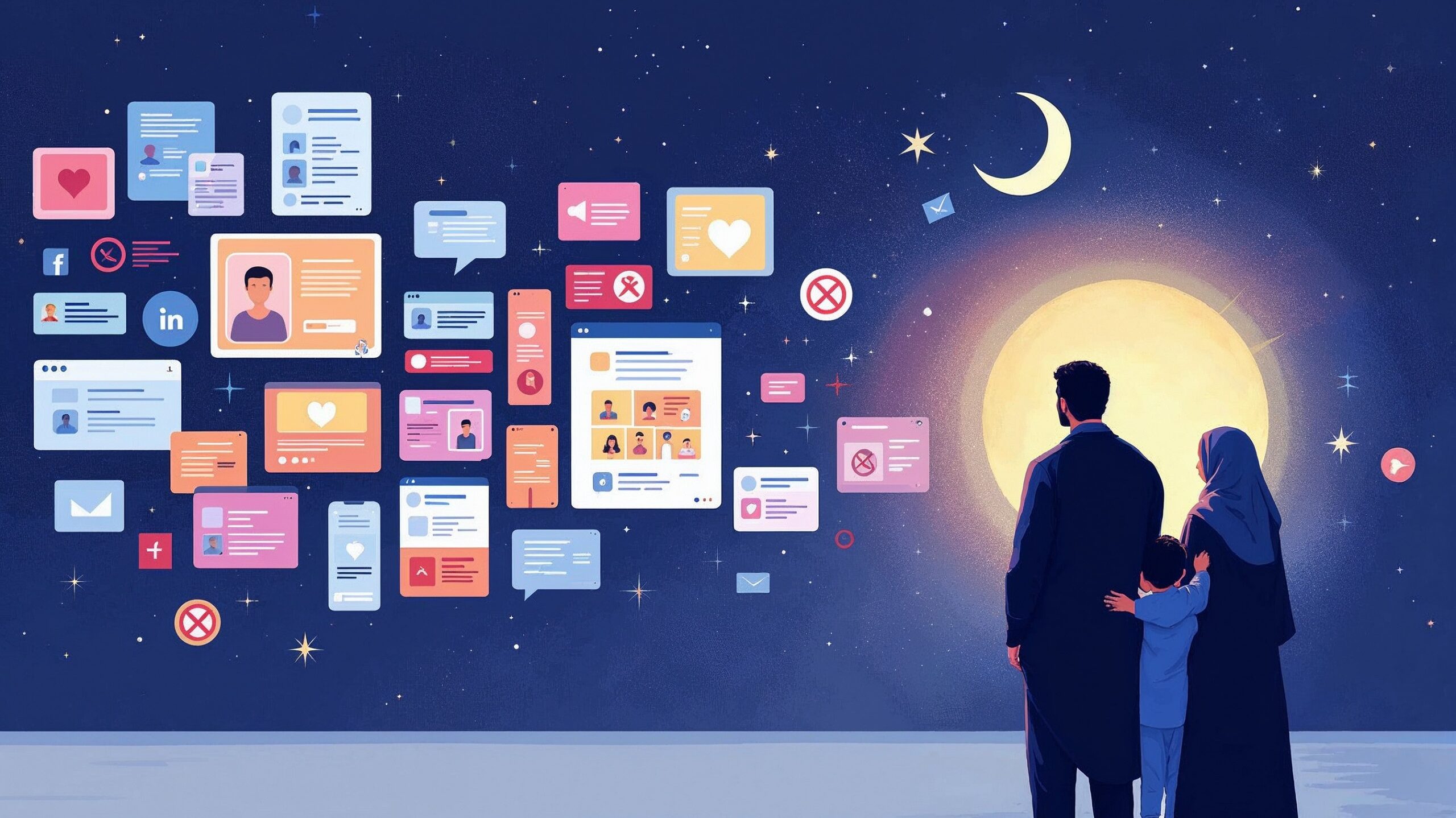Islamophobia in the West
Al-Masry Al-Youm, Egypt, January 9
In the wake of any terrorist attack in the West, hate crimes against Muslim communities surge, and incidents of anti-Islam and anti-Muslim sentiment spike alarmingly. Many, including some Western politicians, bypass the specifics of the event, not waiting for details about the perpetrator’s motives to emerge, because the accusations are already poised, and the incident merely serves to reinforce them. The reactions from Muslims follow a familiar script, lacking innovation—they only denounce the act and reiterate that terrorism is unrelated to Islam.
Take, for example, the New Year’s Eve celebrations in New Orleans, where an American citizen and army veteran named Shamsud-Din Jabbar carried out a ramming attack that killed 14 people and injured dozens more. Initially, the media and prominent American leaders focused solely on Jabbar’s name, using it as fuel for a broad assault on Islam and those who practice it. Donald Trump declared, “When I said that the criminals coming into this country are much worse than the criminals in this country, it turns out I was right.” Yet, that narrative was misleading. Jabbar was an American born and raised in Houston, the largest city in Texas, who had served in Afghanistan and been awarded numerous medals, including the Global War on Terrorism Service Medal. The FBI initially speculated that Jabbar had accomplices, based on the presence of an ISIS flag found in the vehicle used in the attack, but later confirmed he acted alone.
Did these events lead to any change? Not in the least. Jabbar was depicted as a symbol of all Muslims, despite Muslim organizations in America, particularly in Houston, swiftly condemning the atrocious act—and despite the fact that a Muslim college student named Kareem Badawi was among the victims. The blame fell indiscriminately on all who practice Islam, while accolades were reserved for the individual perpetrator. One Houston Muslim remarked, “No Muslim should be tarred just because one man committed a heinous crime like this.” Meanwhile, Muslims anxiously wished that the attacker wasn’t from their area, fearing they would be labeled as terrorists because of it.
This holiday season, give to:
Truth and understanding
The Media Line's intrepid correspondents are in Israel, Gaza, Lebanon, Syria and Pakistan providing first-person reporting.
They all said they cover it.
We see it.
We report with just one agenda: the truth.


Adding to the anguish, this attack occurred amid American Muslims grappling with the impacts of the brutal Israeli aggression on Gaza, compounded by Israeli propaganda on American soil. The Council on American-Islamic Relations reported that anti-Islam sentiment, or Islamophobia, has skyrocketed since the Hamas attacks on October 7, 2023, followed by Israel’s brutal response. The number of complaints from Muslims surged to 3,578 in the last three months of 2024, marking a staggering 178% increase from the same period in 2023. These complaints encompassed workplace discrimination, hate incidents in schools, and forced hijab removal. The most horrifying incident occurred last June, when an American woman attempted to drown a 3-year-old Muslim child in a Dallas swimming pool.
In Germany, following a terrorist attack at a Christmas market in Magdeburg last month, few considered that the perpetrator, who bore an Arab name, held anti-Islam beliefs. Instead, blame was swiftly directed at Muslims and Islam as a whole. Hostile statements, discriminatory tweets, and racist posts on social media argued that the issue lay with the religion itself and those who belong to it. The Western mindset, typically averse to generalization and known for its detailed analysis of phenomena, mysteriously abandons these principles when it comes to Muslims. The leap to broad, negative conclusions seems almost inevitable.
In recent years, when a Muslim committed a violent act, they were labeled a terrorist. Conversely, if a white Westerner committed a similar act, they were deemed a murderer, extremist, or radical—but not a terrorist. The religion of the Westerner was never scrutinized; instead, focus shifted to their social and material circumstances. With the rise of mass murders by Westerners, however, officials, investigative bodies, and the media have been compelled to classify these individuals as terrorists.
Muslim communities bear some responsibility for the persistence of stereotypical views of Islam and Muslims. When a terrorist act is perpetrated by a Muslim, they hasten to condemn the person and assert that they do not represent Islam. Yet, there is an evident lack of real communication and bridge-building with Western citizens and media. An air of self-absorption prevails. There is no effective lobby to defend their interests, dispel misconceptions, or apply pressure. If a lobby does exist, it often serves specific government interests rather than overarching Arab or Islamic causes. Thus, it is unsurprising that the stereotypical images of Muslims perpetuated by Hollywood remain unchanged. —Abdullah Abdul Salam (translated by Asaf Zilberfarb)

